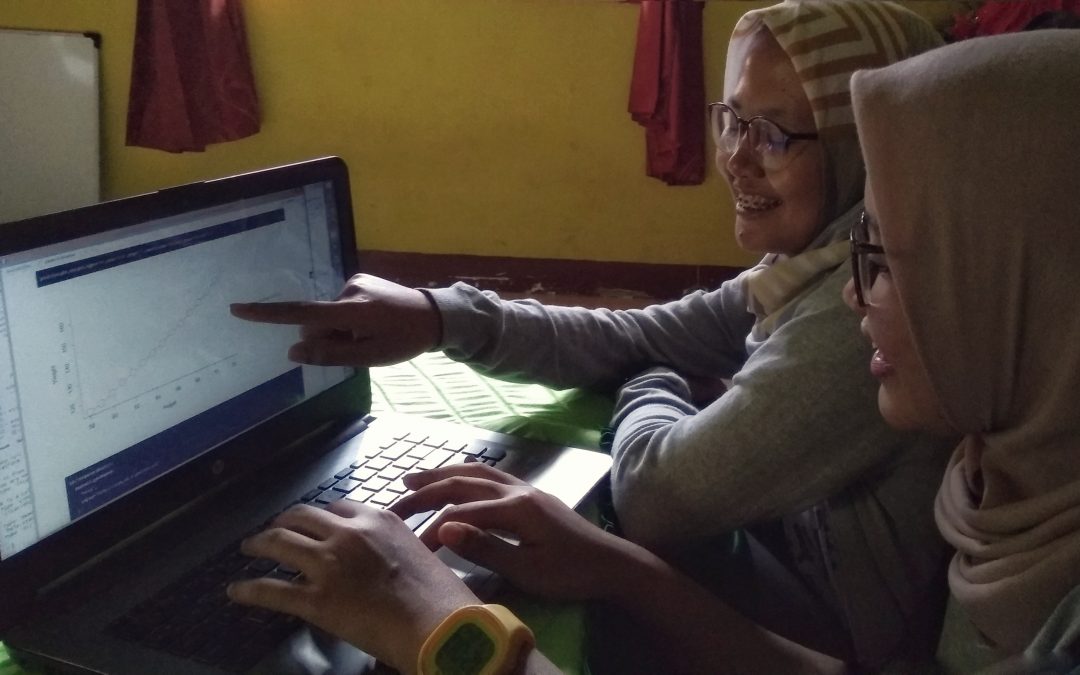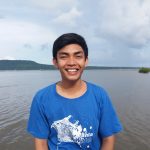It’s the beginning of our second week of MIP-2018. Last week our focus was “Education”, with the interns learning about manta ray ecology and conservation in the classroom and completing their PADI Advanced Open Water training. This week our focus turns to “Research”.
We began today with a seminar about the “reliability and utility of citizen science for monitoring and managing sharks and rays”. The Oxford Dictionary defines citizen science as “the collection and analysis of data about the natural world by non-specialist members of the general public”. During this seminar the interns learned about the advantages that citizen science can provide, as well as its limitations. We explored how citizen scientists can provide information that can help management authorities to manage species and ecosystems, and avoid the issue of shifting baselines.
During the seminar Andy presented some data and graphs to explain the concepts. Finally our discussion turned to the tools that can be used to analyse and present data. It was time for us to learn more about R!
R is a programming language and free open-source software for statistical analysis and graphics. During today’s seminar the interns learned some of the basic concepts of R, before practising some basic analysis on a dataset about manta encounter rates. While I have had some experience using R, for the interns this was all new, and a useful addition to their data analysis skills.
Sometimes data analysis can be challenging. All of the interns described their previous experiences using statistical analysis software, which usually requires clicking menus and selecting options. In contrast, analysing data using R requires constructing the analysis functions using code. The interns explained that this helped them to better understand how and why some statistical tests work. R has a lot of other advantages too. It is free to download and use, very powerful, and has a large online community of users who can help to discuss any difficult challenges we may face.
One very powerful concept that we learned today was “R markdown”. This is a way of turning the analysis code that we right into a finished report. This is a very useful tip to improve our efficiency when analysing data, and also to help sharing and collaborating with others.
There were a lot of new things to learn today, and the interns found the introduction to R to be a challenging learning curve. It was a tiring day, but they are still enthusiastic to learn more about R and to put their new knowledge in practice. Tomorrow we begin our first manta safari, and hopefully we will meet a lot of mantas and collect some new data that the interns can begin to analyse using their new skills.


